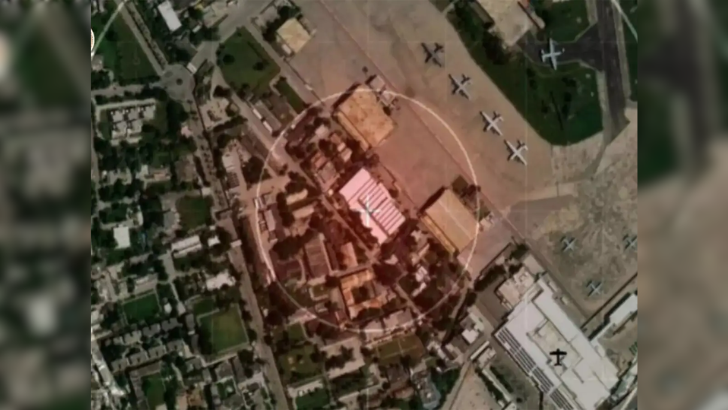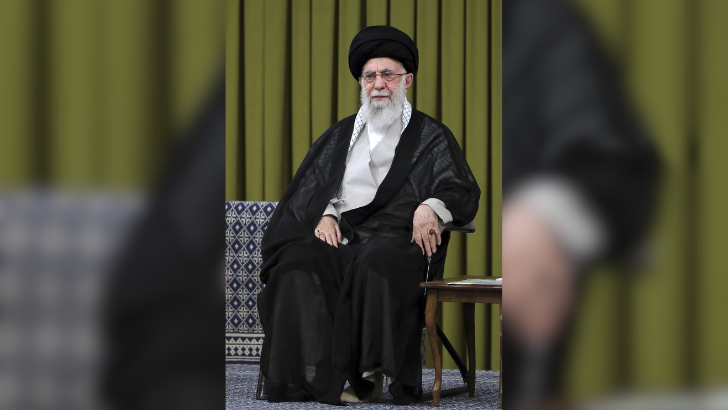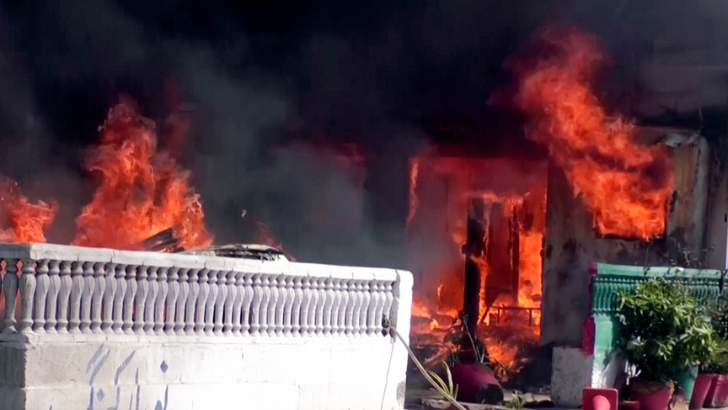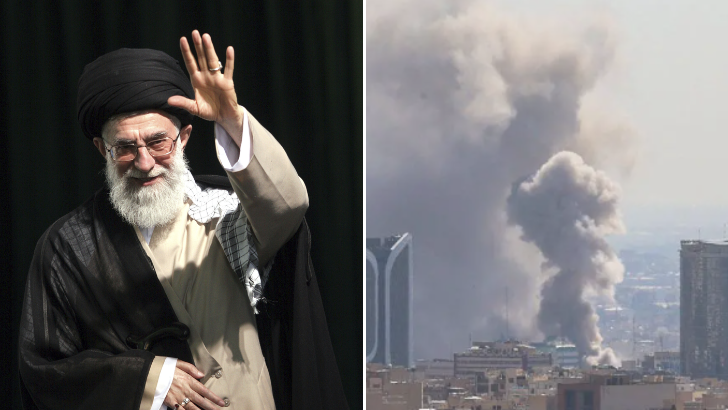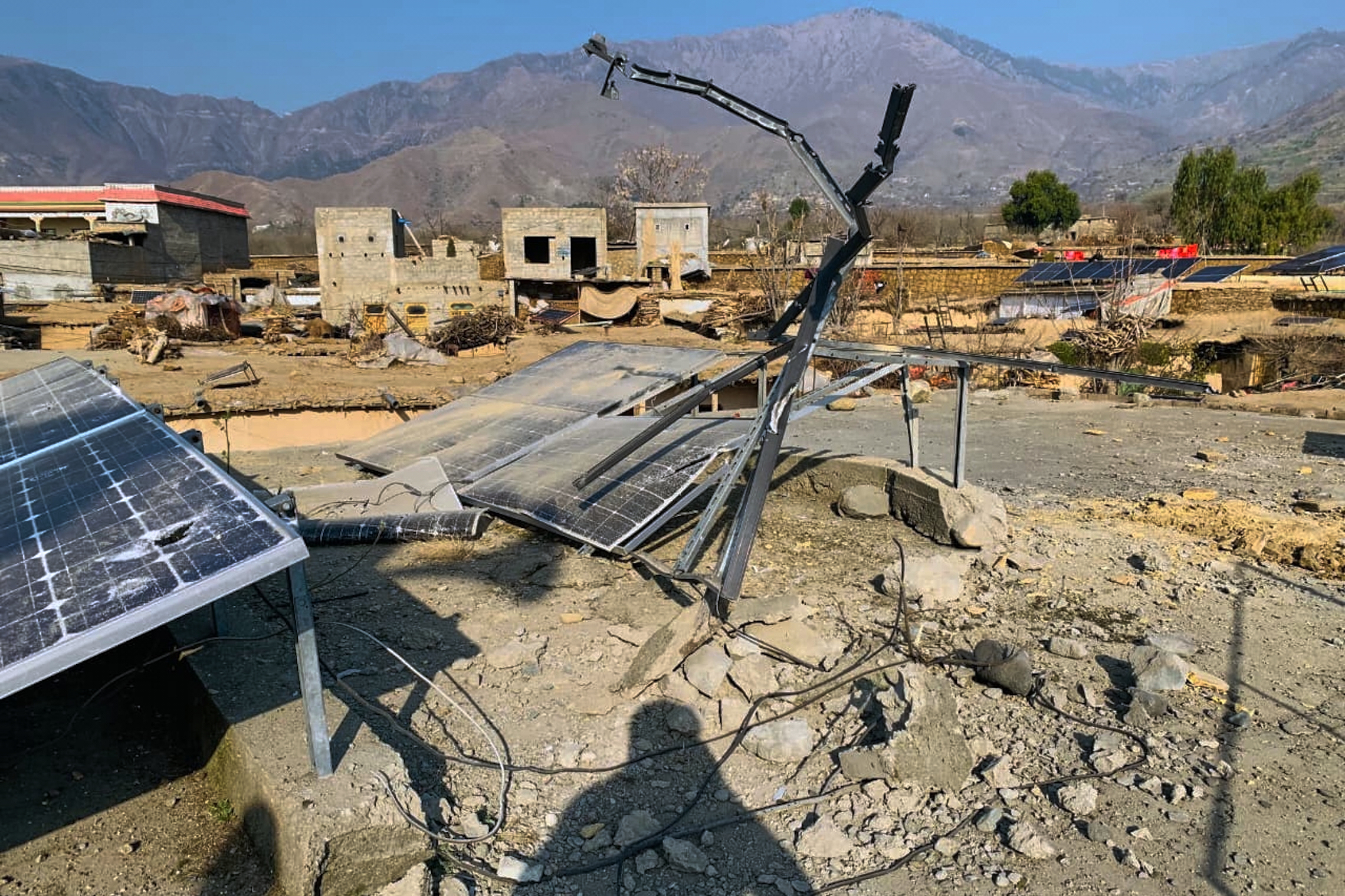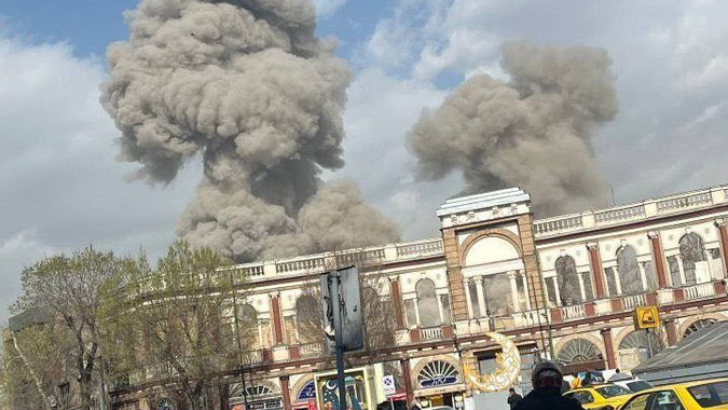IMF says talks with Pakistan on budget ‘constructive’, commits to continue talks
The IMF's policy talks in Islamabad on the FY 2025-26 budget remained inconclusive, prompting the government to delay the budget announcement to 10 June.
PTI
-
Representative image
Islamabad, 24 May
The International Monetary Fund (IMF) said on Saturday that it
held “constructive discussions” with Pakistani authorities on the upcoming
budget while committing to continue talks in the coming days.
The IMF team started
high-level policy talks in Islamabad on 19 May to discuss the FY 2025-26
budget, which went on for days but apparently were inconclusive, forcing the
government to delay the announcement of the budget till 10 June.
“We held constructive
discussions with the authorities on their FY2026 budget proposals and broader
economic policy, and reform agenda supported by the 2024 Extended Fund Facility
(EFF) and the 2025 Resilience and Sustainability Facility (RSF),” the IMF’s
mission chief Nathan Porter said in a statement.
“We will continue discussions
towards agreeing over the authorities’ FY26 budget over the coming days,” the
statement added.
The current discussions were
focused on actions to enhance revenue, including bolstering compliance and
expanding the tax base and prioritising expenditure.
“The authorities reaffirmed
their commitment to fiscal consolidation while safeguarding social and priority
expenditures, aiming for a primary surplus of 1.6 per cent of GDP in FY2026,”
Porter said.
He added that talks covered
ongoing energy sector reforms aimed at improving financial viability and
reducing the high-cost structure of Pakistan’s power sector as well as other
structural reforms which will help foster sustainable growth and promote a more
level playing field for business and investment.
The government emphasised its
commitment to “ensuring sound macroeconomic policy-making and building
buffers,” according to the statement.
“In this context, maintaining
an appropriately tight and data-dependent monetary policy remains a priority to
ensure inflation is anchored within the central bank’s medium-term target range
of 5–7 per cent,” Porter stressed.
“Rebuilding foreign exchange
(FX) reserve buffers, preserving a fully functioning FX market, and allowing
for greater exchange rate flexibility are critical to strengthening resilience
to external shocks,” added Porter.
The IMF also said that its
next mission associated with the next EFF and RSF reviews was expected in the
second half of 2025.
Pakistan and the IMF signed a
USD 7 billion EFF loan last year and the country so far received two tranches,
including the second one disbursed this month.
The IMF executive board
approved the fresh assistance to Pakistan notwithstanding New Delhi's apprehensions that the funds could be used for cross-border terrorism.
On 16 May, India's Defence Minister Rajnath Singh pressed the Washington-based global lender to reconsider the financial assistance, saying Islamabad could use a large part of it to fund the terrorist infrastructure.
Leave a Reply
Your email address will not be published. Required fields are marked *
zczepigfi
SALAR NEWS zczepigfi http://www.g981x1792cm7fsku2962w40z9he4ebngs.org/ [url=http://www.g981x1792cm7fsku2962w40z9he4ebngs.org/]uzczepigfi[/url] <a href="http://www.g981x1792cm7fsku2962w40z9he4ebngs.org/">azczepigfi</a>








.jpg)


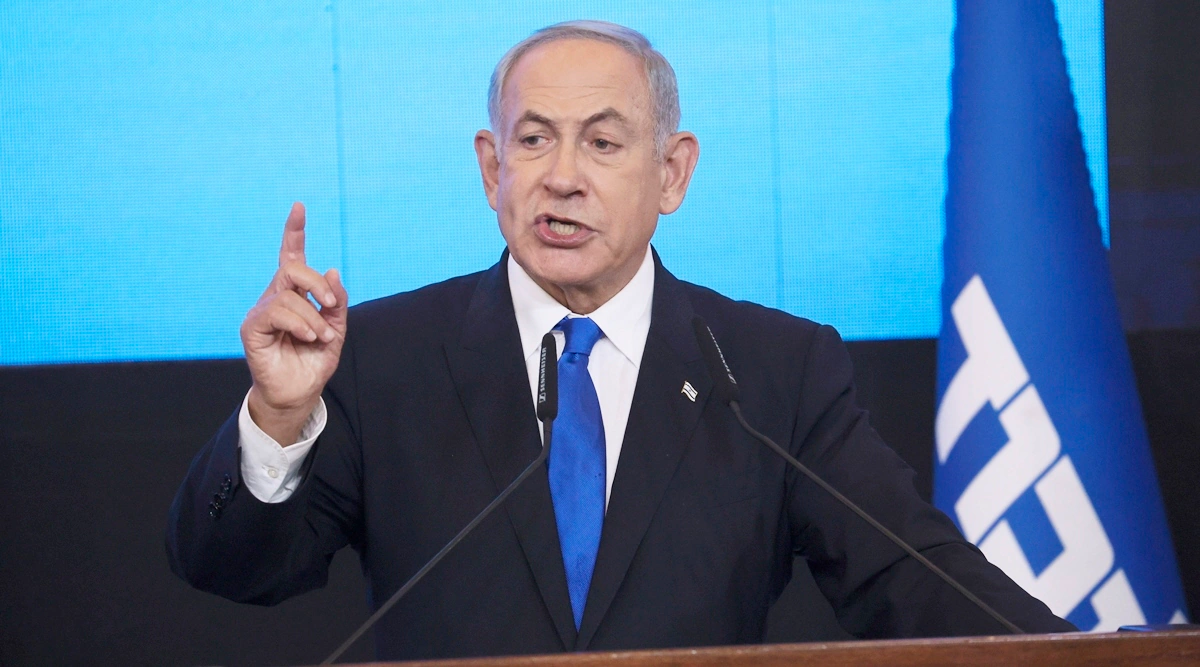
.jpg)
